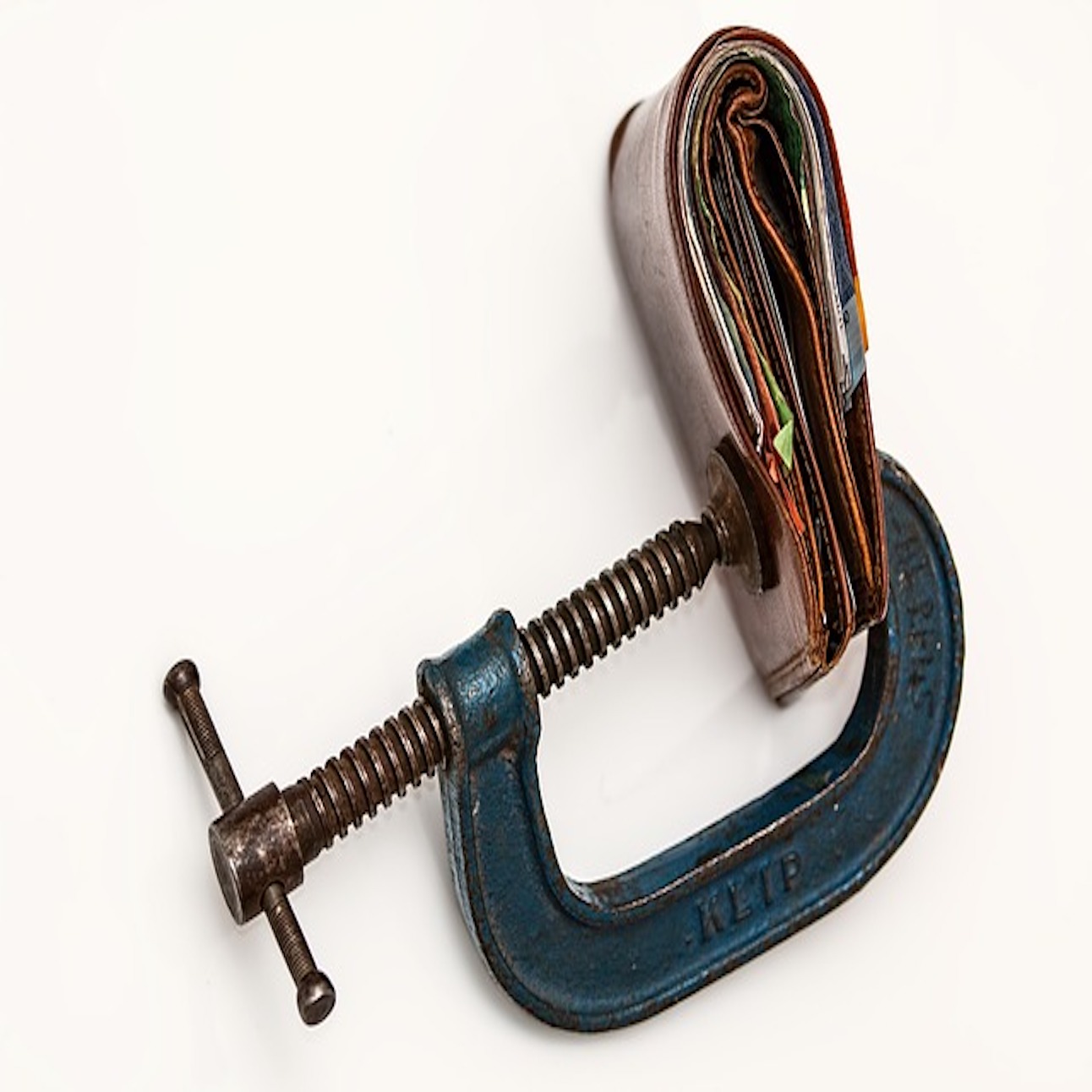
Are you one of the 53% of Canadians who struggles to pay their monthly bills? The cost of living seems to be getting higher and higher, and you might be feeling the pinch.
One of the most effective ways to stay financially secure during these trying times is to reduce your spending. By sticking to a tight budget, you can put aside any excess money you earn into a savings account. This can help you pay for any emergency costs you encounter, as well as plan for your future.
If the idea of cutting back drastically sounds challenging, read on. Today, we’re sharing a few tips to help your small budget feel as big as possible.
1. Make a Budget
It might sound ironic, but one of the easiest ways to live on a budget is to begin by making one. If you aren’t keeping a close eye on your average expenses and income, then it can be difficult to know where you need to save.
These days, you can find a simple budget spreadsheet online with just a few clicks. Find one in a template you like, and use it to track your financial activity. This step will often reveal areas of overspending that you can reduce, such as a daily coffee habit or expensive retail purchases.
Keep in mind that there isn’t a universal, one-size-fits-all type of budget that works for everyone. Look for places you can cut back, and aim to invest that discretionary money into a savings account.
Try this approach for a few months to see what’s working and what isn’t, and then make any adjustments you need to. Once you find a strategy that works, stick with it! Before long, you should find that you’ve saved up enough that you can loosen your grip just a little.
2. Be Realistic
Yes, you are trying to save money. However, that doesn’t mean that you have to stay home, miss all kinds of fun, and eat canned beans for every meal. You might be able to drastically change your lifestyle for a short period of time, but you need to also be able to live.
Instead of making major cuts, try to make small, incremental changes that are easier to stick to and maintain. You can still eat out, shop, and enjoy entertainment when living on a tight budget. The main difference is being more aware of how and where you’re spending your money.
3. Try DIY
One way to live big while spending small is to think about doing some activities and projects yourself, instead of outsourcing them to someone else.
For instance, you could learn to cook some of your favorite meals at home so you don’t have to order out at a restaurant a few nights each week. Or, you could try to tackle a few minor home projects such as painting or upholstering to save on professional design services.
Of course, there will be certain tasks that are simply beyond your capabilities, and that’s OK. For instance, we definitely don’t recommend working on your roof or HVAC unit unless you’re specifically trained to do so. Sometimes, taking a DIY approach can lead to more expensive issues and repairs down the road!
Yet, it is worth learning to do as much as you can by yourself. You’ll save money, gain confidence, and be able to afford those bigger projects in the future.
4. Think About a Side Hustle
Do you have a talent or hobby that people would pay to access? From painting and sewing to pet-sitting and consulting, you could be sitting on a profitable service or small business.
If you already have a full-time job, it might seem stressful to add even more work on top of your existing schedule. It helps to look for flexible gigs that allow you to work on your time.
To start, consider offering up your work to those who are closest to you, but remember to charge for your efforts. If the response is favorable, you can think about expanding and offering it to more people.
Don’t have a skill that you can monetize? Think about selling!
Most of us have quite a few items stashed in our garages, basements, and attics. Today, there are a ton of resale sites that make it easy for you to post your stuff and see who wants it. From Facebook Marketplace to Mercai, take a look at the options and find one that fits your niche.
5. Control Your Credit Cards
Have you fallen into the habit of carrying a recurring balance on your credit card from one month to the next? If so, this could make your budget feel even tighter than it needs to be. While credit cards can be a very useful tool when used correctly, they can also lead you into a spiral of uncontrolled spending.
Carrying a large balance on your card means paying a significant amount in interest over time. This is money that you could have saved, or spent on something important to you.
Try to pay off your credit cards on time, in full every month. This eliminates carryover interest and helps prevent costly late fees. In addition, responsible payments can also improve your credit score.
Find Relief on a Tight Budget
As you get serious about saving, you might need to look for ways to live on less. A tight budget might feel restrictive, but with these steps above, it doesn’t have to be.
While you look for ways to reign in your finances, we’re here to make it easier. Unexpected emergencies can wreak havoc on the savings you’ve worked hard to accumulate. Instead of dipping into them, reach out to us instead.
We’ll help you find a no-credit-check personal loan to get you back on your feet in no time. Complete our online form to claim your cash now!


